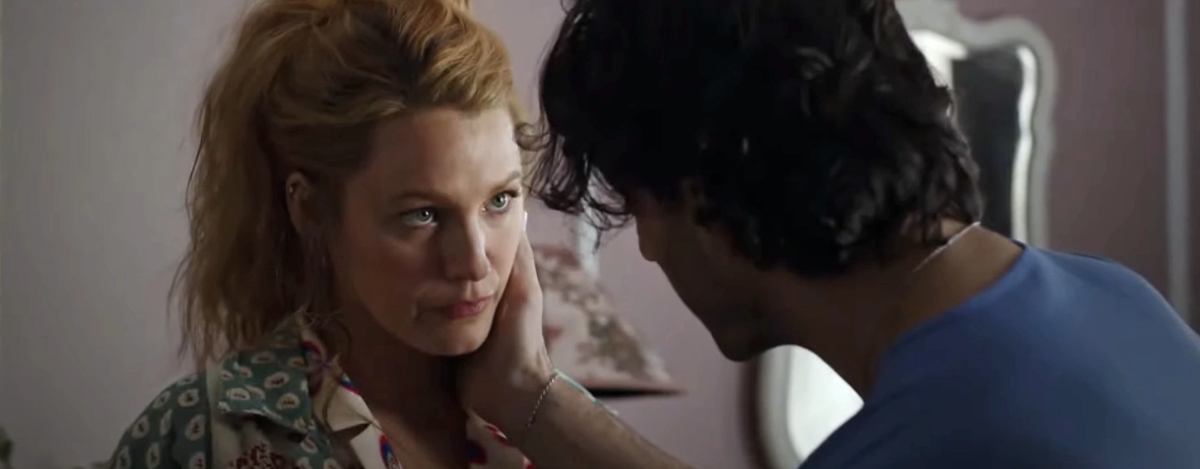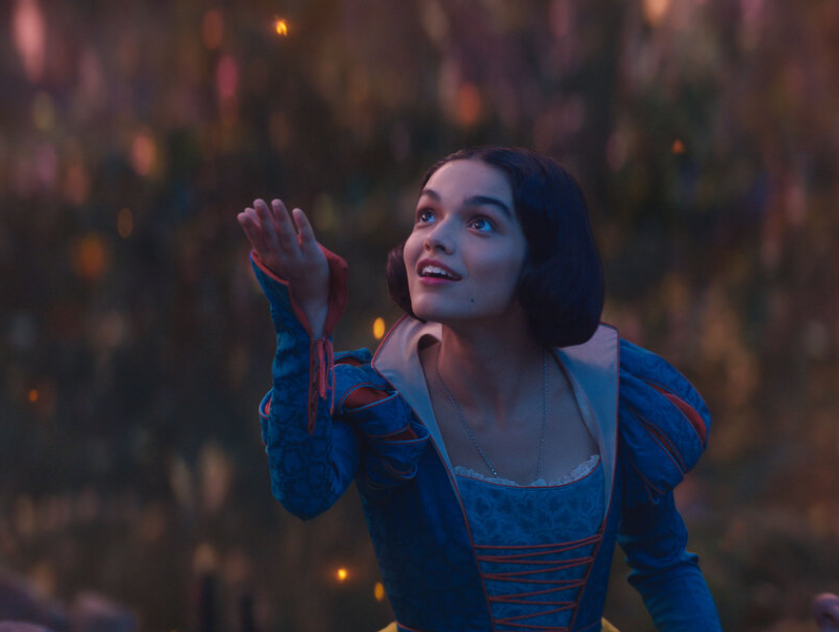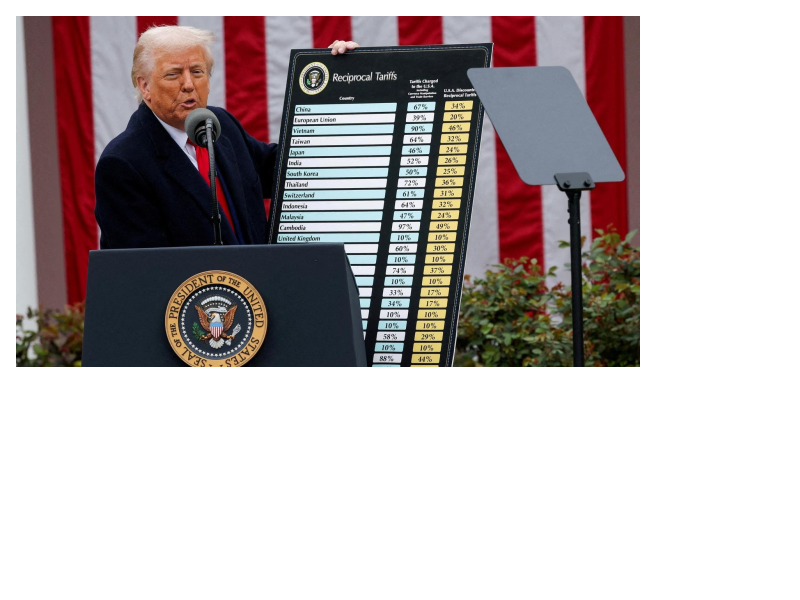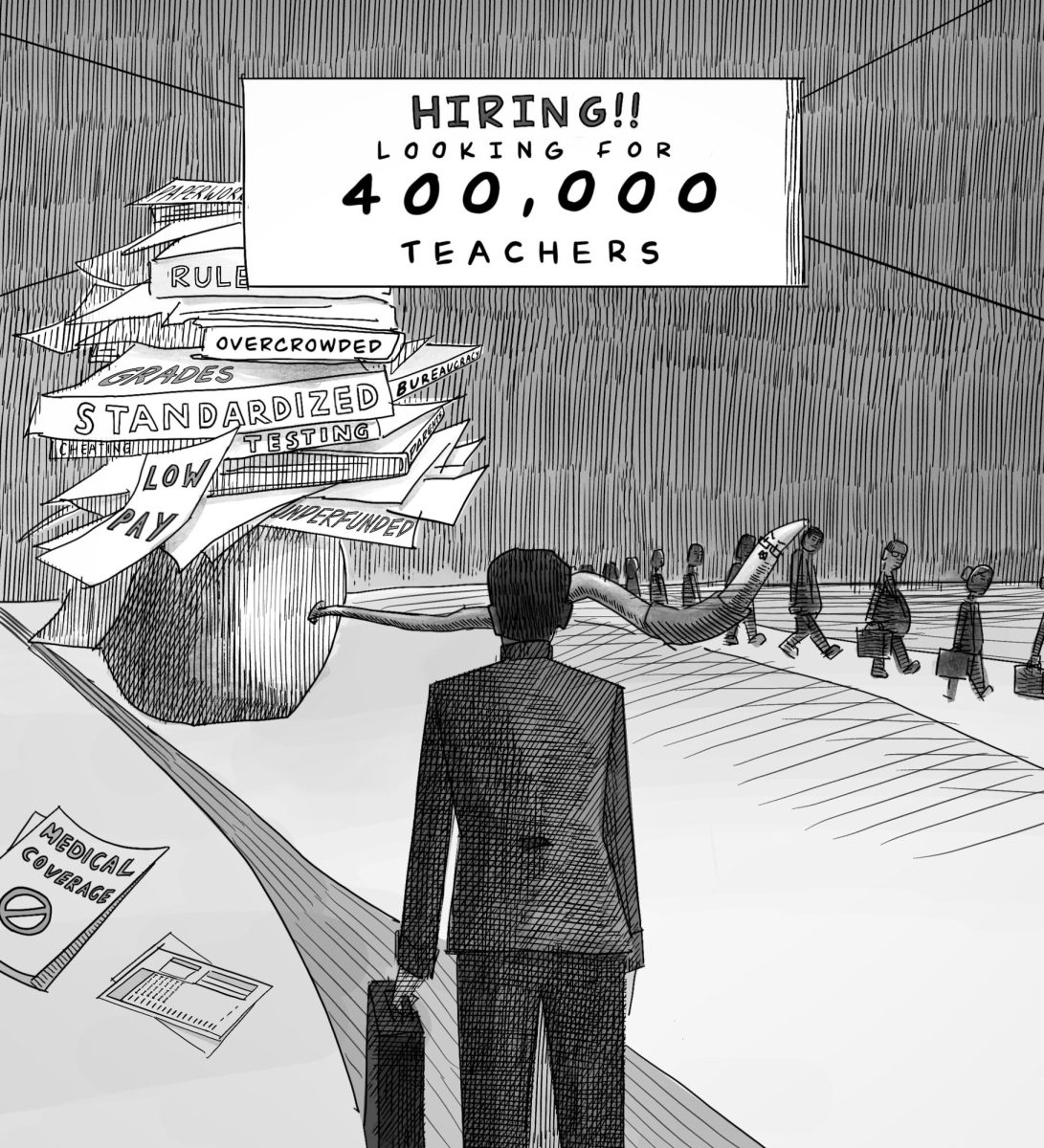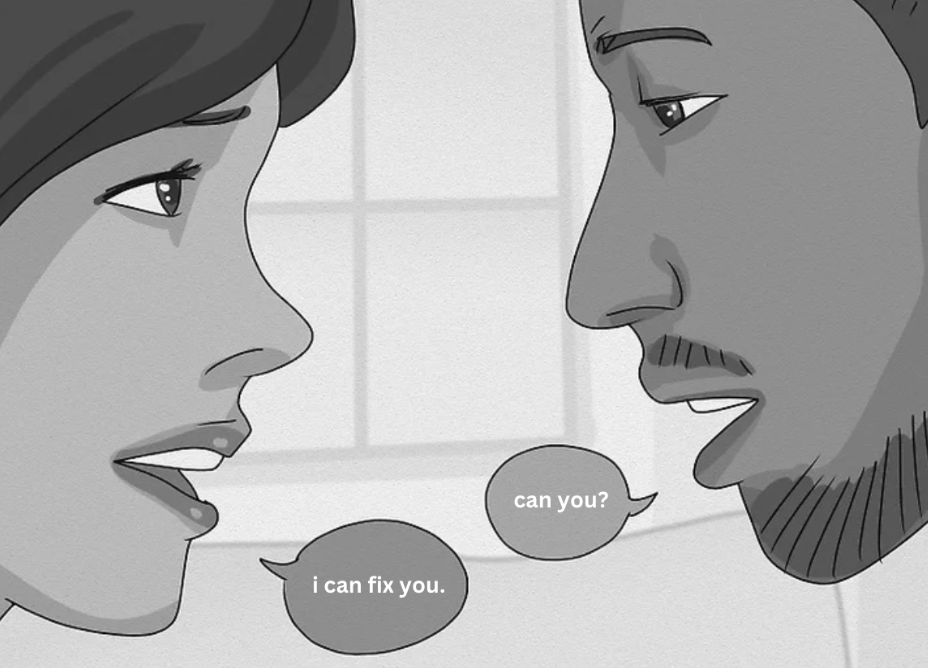In a world of romanticization and questionable romance books going viral on BookTok, the last thing the internet needed was the movie adaptation of “It Ends With Us.”’ “ It Ends With Us”, written by Colleen Hoover, was published in 2016, and originally gained fame on Tik Tok for its plot and the discussion of important topics such as domestic violence and abuse. Ever since, readers online have voiced their criticisms of the book, explaining how it glorifies domestic violence to a young and impressionable audience. When the movie adaptation of the novel was released, concerns about the film resurfaced—only to be proven correct.
All the publicity behind the movie has centered around it being a girly, young adult, chick flick movie, one where Lily Bloom (Blake Lively) finds herself in a place of darkness. While you could argue that Lily does find herself, the central message of the movie is, and should be about, domestic violence. Blake Lively, well known for her role in “Gossip Girl”, publicized it with statements such as “wear your florals and come watch ‘It Ends With Us!’” For a movie about domestic violence, the promotion by the female main character, who is the victim of domestic violence in the film, should revolve around domestic abuse and violence awareness. Justin Baldoni, the lead male actor and director,focused on the story of domestic violence, honing in on the impacts of domestic abuse on Lily and women worldwide. His promotion is different compared to Lively’s, and an example that should be followed by those in the film industry.
As for the book versus the movie, the movie honestly does a better job of portraying Lily’s story. In the book, there is a lack of focus on Lily and how she rebuilds herself; it almost seems as though she heals magically when she finds the original love of her life. The movie does an excellent job, comparatively, of telling Lily’s story of domestic violence, and explains the ups and downs of being in an abusive relationship through its cinematography. It’s a shame that the promotion for the film doesn’t line up with what the movie is actually like, especially given that the movie had so much potential to be unlocked.
While some may bring up that at least “It Ends With Us” acknowledges domestic violence which is necessary in the current state of the United States, this isn’t the type of acknowledgement victims of domestic violence need. Movies about domestic violence should never be publicized as a film about anything else but domestic violence. For those who argue that the movie was “at least better than the book,” we should never accept the bare minimum with movie adaptations of books, especially if the book was already bad to begin with. There was room for improvement that Colleen Hoover and those involved in the adaptation should’ve capitalized on, and they didn’t.
Young girls, the target audience of this movie, can be impressionable, hopeless romantics. If you give them a film publicized around love, they will watch it. When you promote a movie about domestic violence as one about love, they will feed into such promotion and buy it. They will step away with Ryle and Lily’s ‘love’ story in mind, and might subconsciously internalize the notion that certain behaviors are okay. If you want to watch a movie about domestic violence, watch “It Ends With Us”, and be prepared for the triggering moments that will pop up and the tears you may shed. If you’re going into the theater expecting anything else, don’t watch the film. As for everyone in Hollywood, can we please stop glorifying domestic violence?


